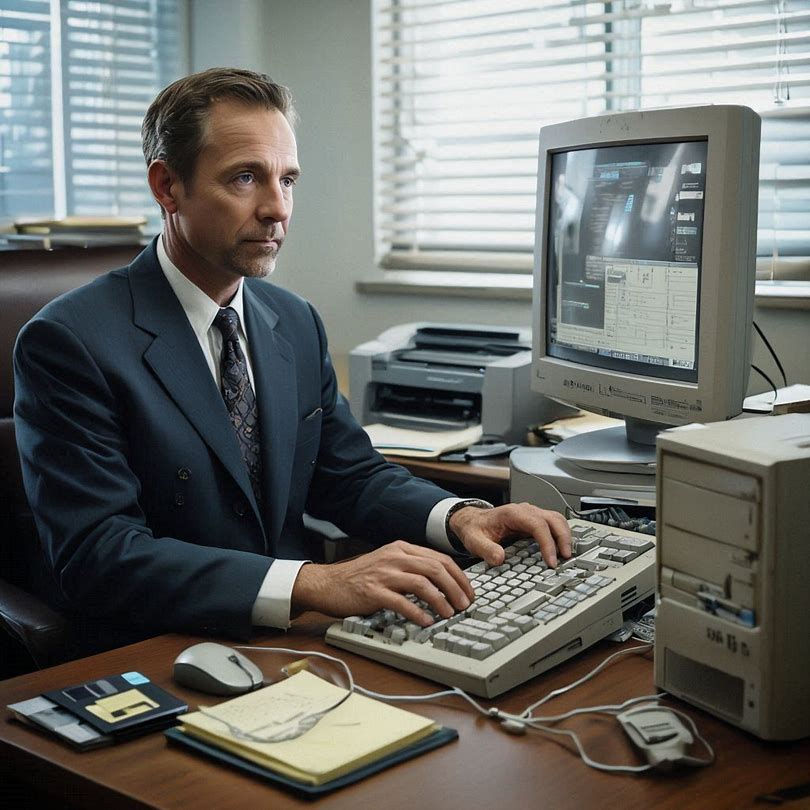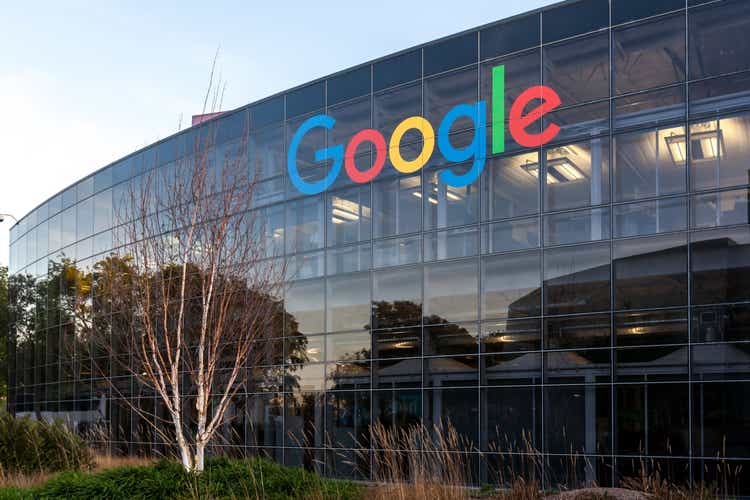JHVEPhoto/iStock Editorial via Getty Images
Google (NASDAQ:GOOG) (NASDAQ:GOOGL) is still firmly entrenched in competition with Microsoft (MSFT) over artificial intelligence supremacy, but investment firm Baird said the counteroffensive for Sundar Pichai’s company is finally “taking shape.”
Analyst Colin Sebastian, who has an outperform rating and $140 price target on Google (GOOG) (GOOGL), noted that the two upcoming AI developments, including the launch of the Gemini large language model, along with the next version of its tensor processing units are likely to help the company as a whole.
“Each of these (among a robust list of other AI developments) should benefit both core Google apps (Search, YouTube, Maps, Shopping, etc.) and Google’s Cloud services,” Sebastian wrote in an investor note. “From a sentiment perspective, we believe next week’s Cloud Next conference should offer proof points on Google’s faster pace of updating and externalizing key AI capabilities.”
Mountain View, California-based Google (GOOG) (GOOGL) is hosting its Google Cloud Next conference next week, which some on Wall Street view as a potential catalyst for investors to better understand AI.
Sebastian added that Google (GOOG) (GOOGL) is spending “billions” annually on AI-related infrastructure, apps, services and foundational models, including its own chip, the TPU, which he believes could be a “meaningful competitive advantage” among cloud service platforms and help reduce the company’s reliance on Nvidia (NVDA) for GPUs.
Additionally, Sebastian hyped the eventual launch of Gemini, the tech giant’s AI project that could help it surpass OpenAI’s ChatGPT.
“We believe Gemini could meaningfully narrow the gap, or even establish a leadership position among the publicly-available LLMs – benefiting both GCP and core Google apps,” Sebastian explained.
As such, Sebastian believes that Google Cloud will grow at least 20% year-over-year in the second-half of the year and at least 15% next year – maybe taking share – and eventually become the company’s second-largest revenue segment, surpassing YouTube.



































